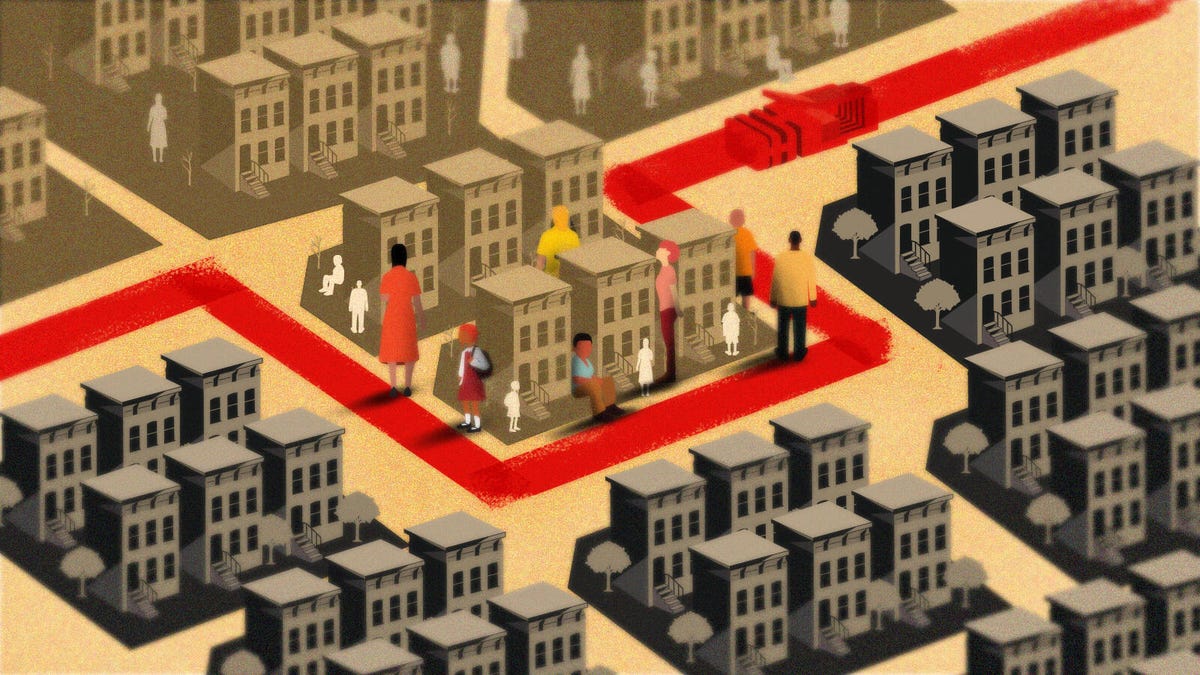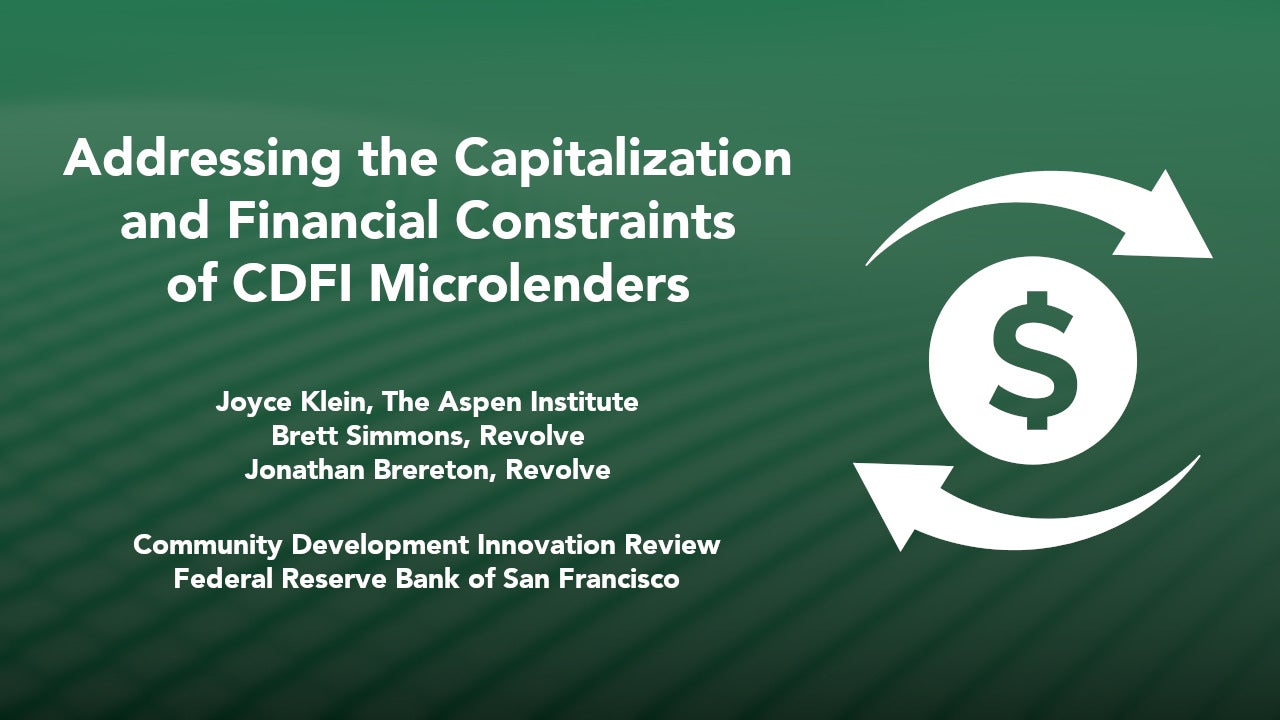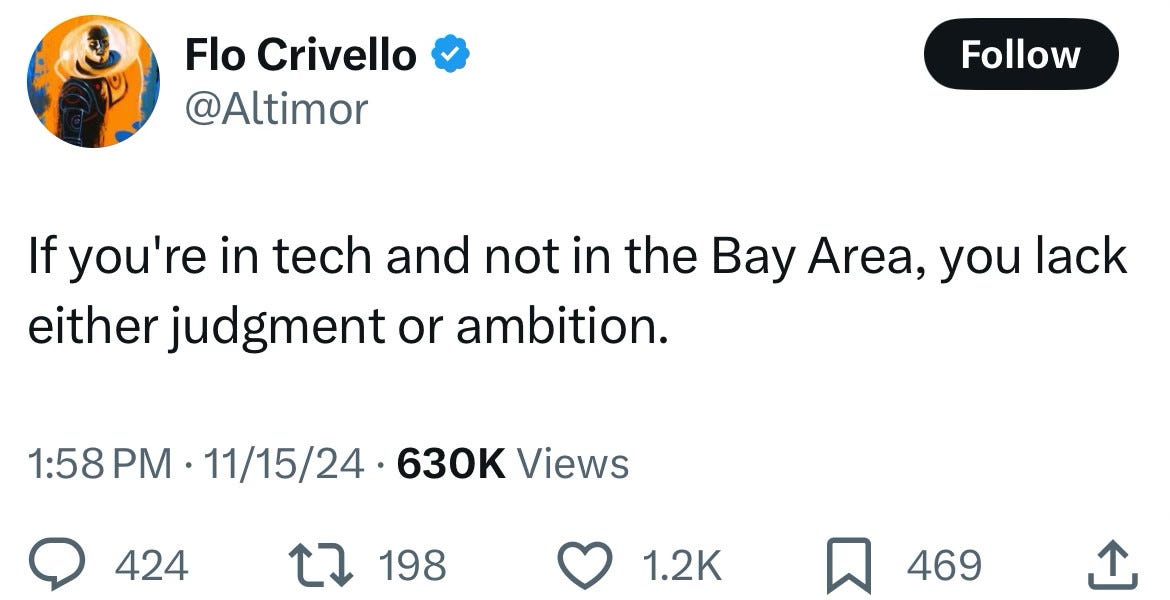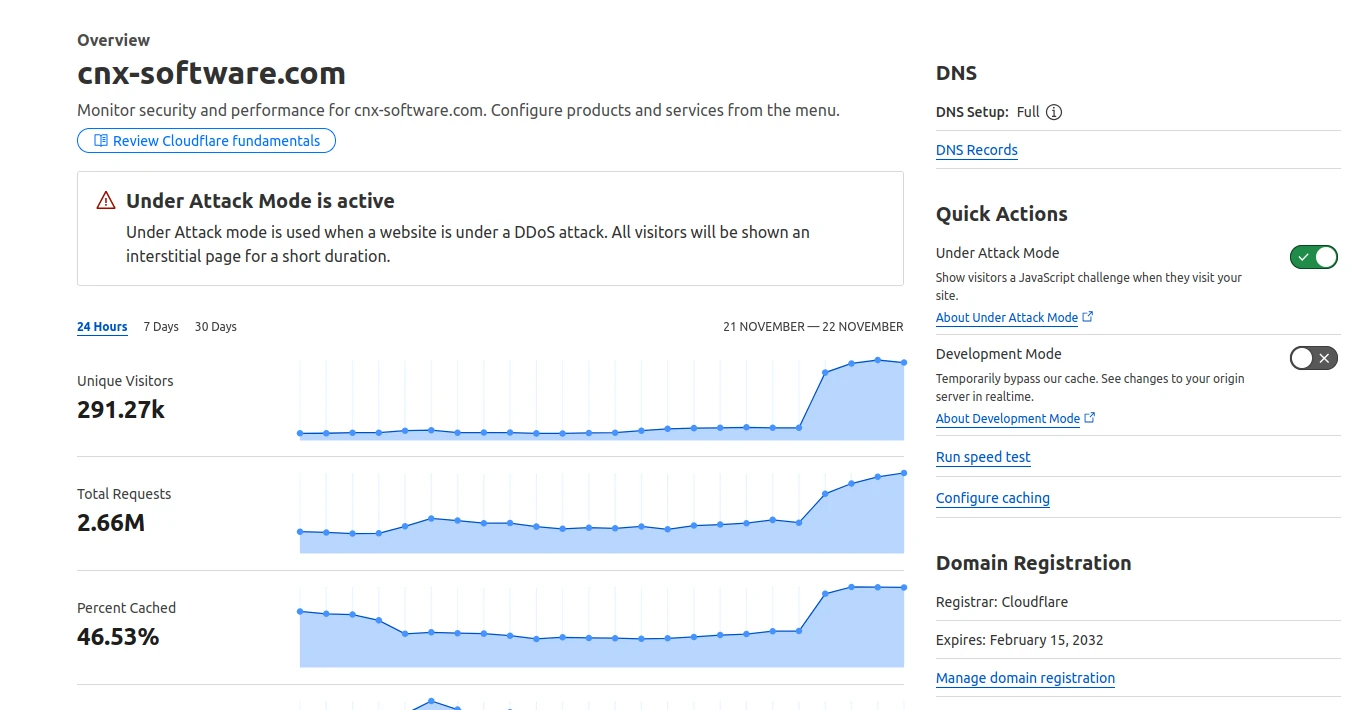/cdn.vox-cdn.com/uploads/chorus_asset/file/25301215/STK463_SCOTUS_B.jpg)
The Supreme Court will decide the fate of America’s low-income broadband fund
By Lauren Feiner , a senior policy reporter at The Verge, covering the intersection of Silicon Valley and Capitol Hill. She spent 5 years covering tech policy at CNBC, writing about antitrust, privacy, and content moderation reform.
The Supreme Court agreed to hear arguments on a case involving funding for a major broadband subsidy program, the Universal Service Fund (USF).
SCOTUS granted cert in a pair of cases called Federal Communications Commission v. Consumers’ Research, and Schools, Health & Libraries Broadband Coalition v. Consumers’ Research, which were consolidated for oral arguments. They center around whether Congress inappropriately delegated lawmaking function to the FCC by letting it set contribution rates for telecommunications companies to pay into the nonprofit Universal Service Administration Company, which manages the USF. It also asks whether the FCC delegated too much authority to a private entity by letting USAC manage the subsidy program.
The case could deal another blow to the regulator’s authority, after SCOTUS dismantled the Chevron doctrine earlier this year, which diminishes courts’ reliance on agency expertise. It could also jeopardize the USF, which helps provide funding for people who are low-income or in rural areas access telecommunications and broadband services, and also helps school get internet access and equipment.

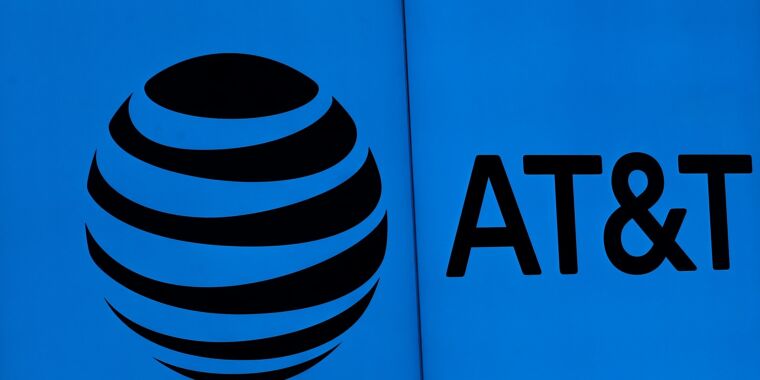


/cloudfront-us-east-2.images.arcpublishing.com/reuters/HLIQQTUKUBPSRDYXRWI3OZP2MQ.jpg)



